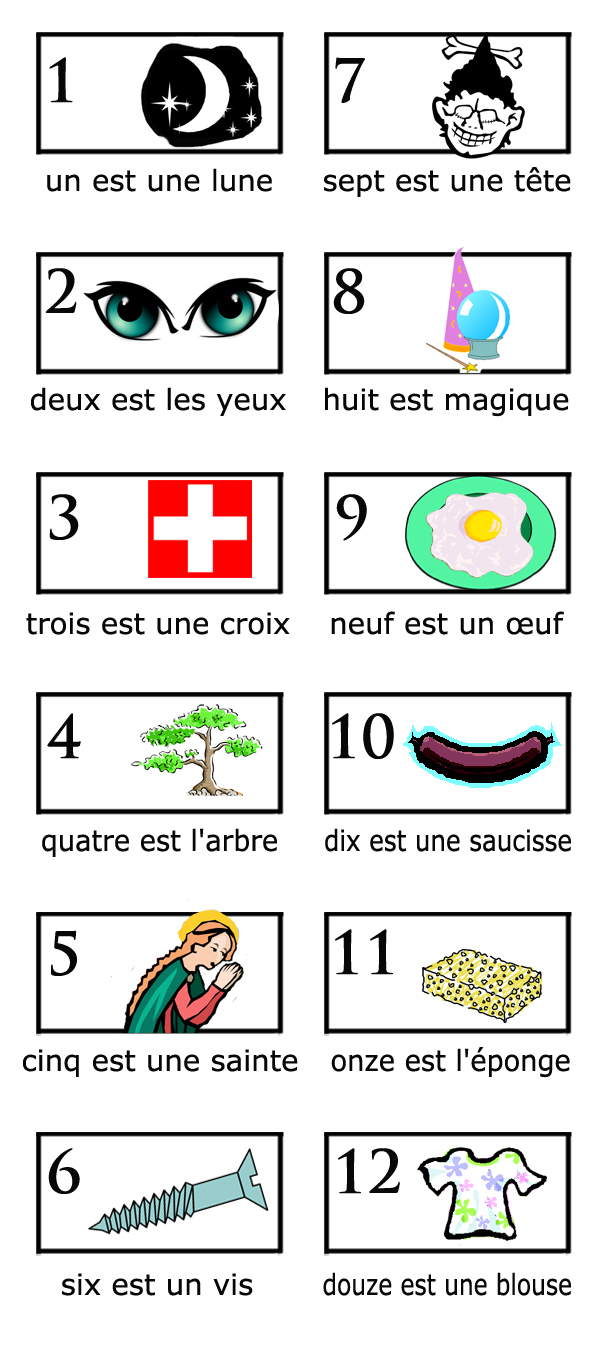Context is absolutely critical to successful communication. Think of the common experience of being a stranger at a family gathering or a meeting of close friends. Even familiar words and phrases may take on a different or additional meaning, among people who have a shared history. Many jokes and comments will be completely unintelligible, though you all speak the same language.
- Strategies
Everyday Strategies
- Lifestyle & Aging
Lifestyle
- Sleep & Circadian Rhythm
- Problems
Forgetting
Absentmindedness
Cognitive Impairment
- How Memory Works
Types of memory
Individual Differences
How the brain works
